National CPR and AED Awareness Week is June 1-7 each year. This week is used to spotlight the importance of knowing and using lifesaving skills. The more people who know how to perform CPR and use an AED, the more lives can be saved.
Each year, more than 350,000 Americans experience an out-of-hospital cardiac arrest. And about 70% of those cardiac arrests happen in homes. Which means you may be the determining factor in saving the life of a loved one.
Fortunately, early CPR and AED use can double, or triple, a person’s chance of survival.
Compression-only CPR
We recommend that every person receive CPR, AED and First Aid training and certification. But anyone can learn compression-only CPR.
If someone is unresponsive, call 911 and push hard and fast in the center of the chest until help arrives.
This is done by placing both hands in the center of the chest between the nipples. Position your shoulders directly over your hands and keep your arms straight. Then push hard straight down. Continuing pushing hard and fast until first responders are able to take over.
AED use 101
For every minute that passes without an AED shock, the chance of survival decreases by 7-10%. The combination of calling 911, early CPR and early AED use provide the best chance of survival.
 For most AEDs follow these steps:
For most AEDs follow these steps:
- Turn on the power
- Listen and follow voice instructions
- Bare the chest
- Follow the pictures on the pads
- Have confidence in AED analysis
- Shock when instructed to
- Do CPR immediately after delivering a shock
- Keep listening and following instructions
AEDs are designed for easy use by those with little or no training. They are safe to use, and they are reliable.
Spread the word
Bystanders are the key to survival. Use CPR and AED Awareness Week to continue to spread the word in your community.
- Share good Samaritan save stories with your students, family members and co-workers.
- Download and distribute this AED infographic.
- Share this blog with your network, so they can learn the basics of CPR and AED use.
A few minutes of your time spent spreading awareness can save a life.







.png?width=600&name=HSI-CTA-EmergencyCareTraining%20(1).png)











Comments